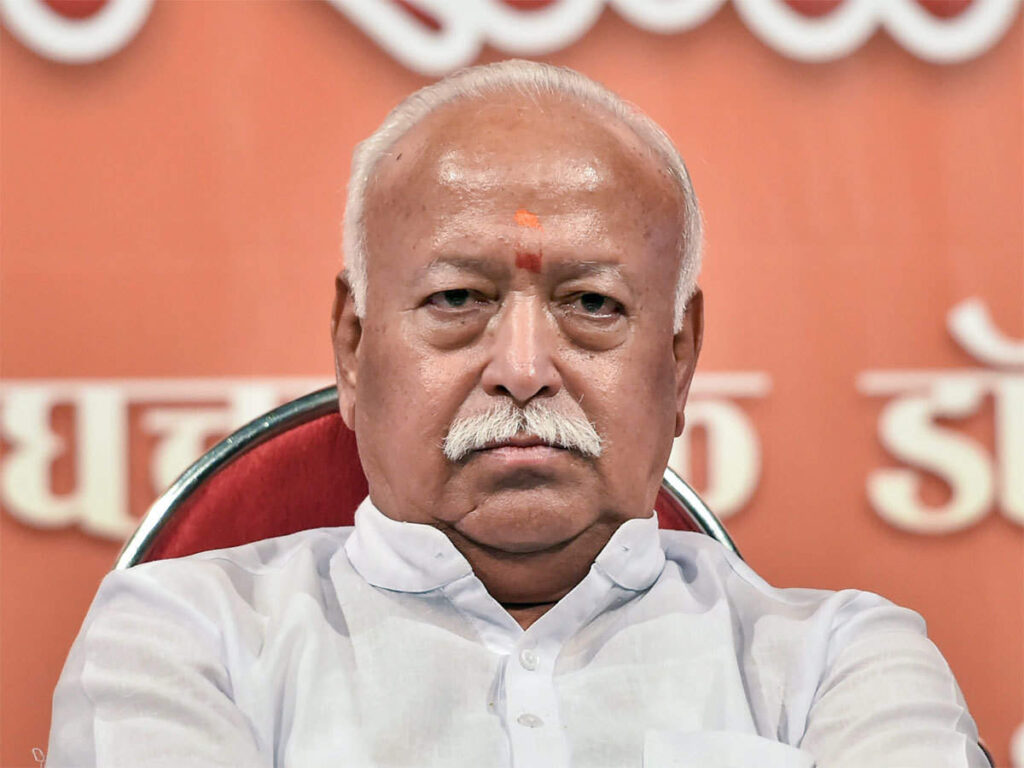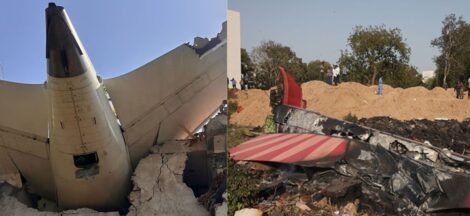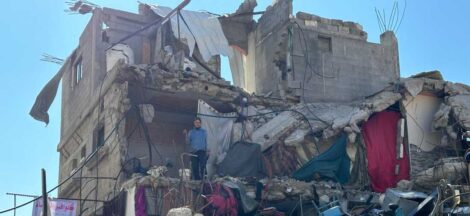Rashtriya Swayamsevak Sangh Chief Mohan Bhagwat’s four-day visit to Arunachal Pradesh has ignited controversy, with the state’s Congress committee labeling the timing as “doubtful, questionable and objectionable.” This visit occurs against a backdrop of escalating religious tensions, particularly concerning the proposed implementation of the Arunachal Pradesh Freedom of Religion Act , 1978.
During his stay from February 27 to March 2, Bhagwat engaged with leaders of indigenous faiths and visited the Donyi Polo Nyedar Namlo, a prominent indigenous prayer center in Naharlagun. The Namlo, significant to the Nyishi community, is dedicated to the worship of the Sun and the Moon , symbolizing universal existence and nature’s harmony. Bhagwat’s visit to such a culturally important site underscores the RSS’s emphasis on indigenous traditions.
However, the Arunachal Pradesh Congress Committee has raised concerns about the visit’s timing. The APCC’s apprehensions stem from the state’s current religious climate, marked by debates over the APFRA’s revival. Originally enacted in 1978, the APFRA was designed to prevent forced religious conversions but remained unenforced for decades. In December 2024, Chief Minister Pema Khandu announced plans to implement the dormant Act, following a court directive. This move has been met with resistance from Christian organizations, notably the Arunachal Christian Forum , which argues that the Act could be misused to infringe upon religious freedoms. On February 17, the ACF organized an eight-hour hunger strike in Itanagar, drawing thousands, including several Members of the Legislative Assembly, to protest the Act’s implementation.
The state’s religious composition adds complexity to the situation. According to the 2011 census, Christians constitute approximately 30.26% of Arunachal Pradesh’s population. The proposed enforcement of the APFRA has heightened concerns among this community about potential discrimination and restrictions on religious practices.
Bhagwat’s visit also included meetings with leaders of indigenous faiths, further highlighting the RSS’s focus on promoting native traditions. While supporters view this as a reinforcement of cultural heritage, critics perceive it as an attempt to marginalize minority religious communities. The APCC’s critique reflects fears that such high-profile visits, amid contentious debates on religious freedom, could exacerbate existing tensions.




 Zelensky’s Humiliation Was Trump’s Ukraine Off-Ramp To Focus On China
Zelensky’s Humiliation Was Trump’s Ukraine Off-Ramp To Focus On China 